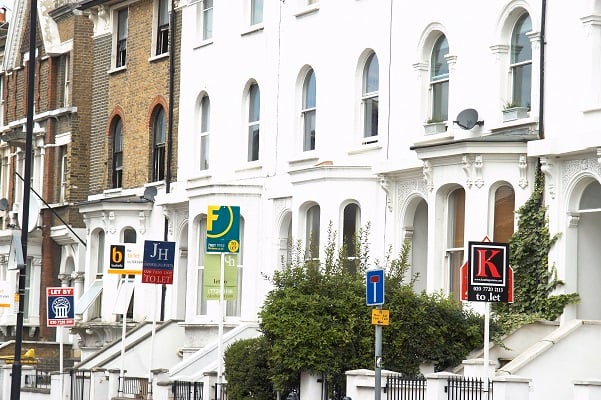Gerald Eve, a Newmark company, (“Gerald Eve”) has responded to the government’s consultation on business rates avoidance and evasion with a call for the rate-free period for all properties to be extended to one year, followed by an empty charge at 50% of the occupied rate.
The consultation, which was announced as part of the Spring Budget 2023, aimed to explore the causes of, and potential measures to combat, avoidance, evasion and poor rating agent behaviour within the business rates system.
Gerald Eve’s response focuses on the need for the government to reform the empty rate charges in the context of a changing economy, rather than concentrating on closing mitigation loopholes.
Simon Green, Partner and Head of Business Rates at Gerald Eve, said, “In a more difficult market, landlords and tenants needing to vacate should be granted a more realistic period in which to refurbish, improve, undertake necessary environmental measures and re-let or sub-let their properties.
“A more reasonable approach from the government would avoid the need for consideration of less attractive shorter term uses to mitigate business rates liabilities.
“Extending the rate-free period for all properties to one year followed by an empty charge at 50% of the occupied rate would remove the financial imperative faced by those with empty properties to become involved with empty rates mitigation schemes. This would be a far more effective way of addressing the concerns expressed in the consultation than those under consideration.
“Empty rates relief currently only applies for three months, after which most businesses must pay full business rates.
“The decision to introduce this system was made in 2007 when the government implied that, in a rising market, landlords were encouraged by low empty rate charges (50% or 0% for industrial properties) to keep properties empty for longer than necessary. It’s debatable if this was widespread back then but is certainly not the case now.”






Leave a Comment